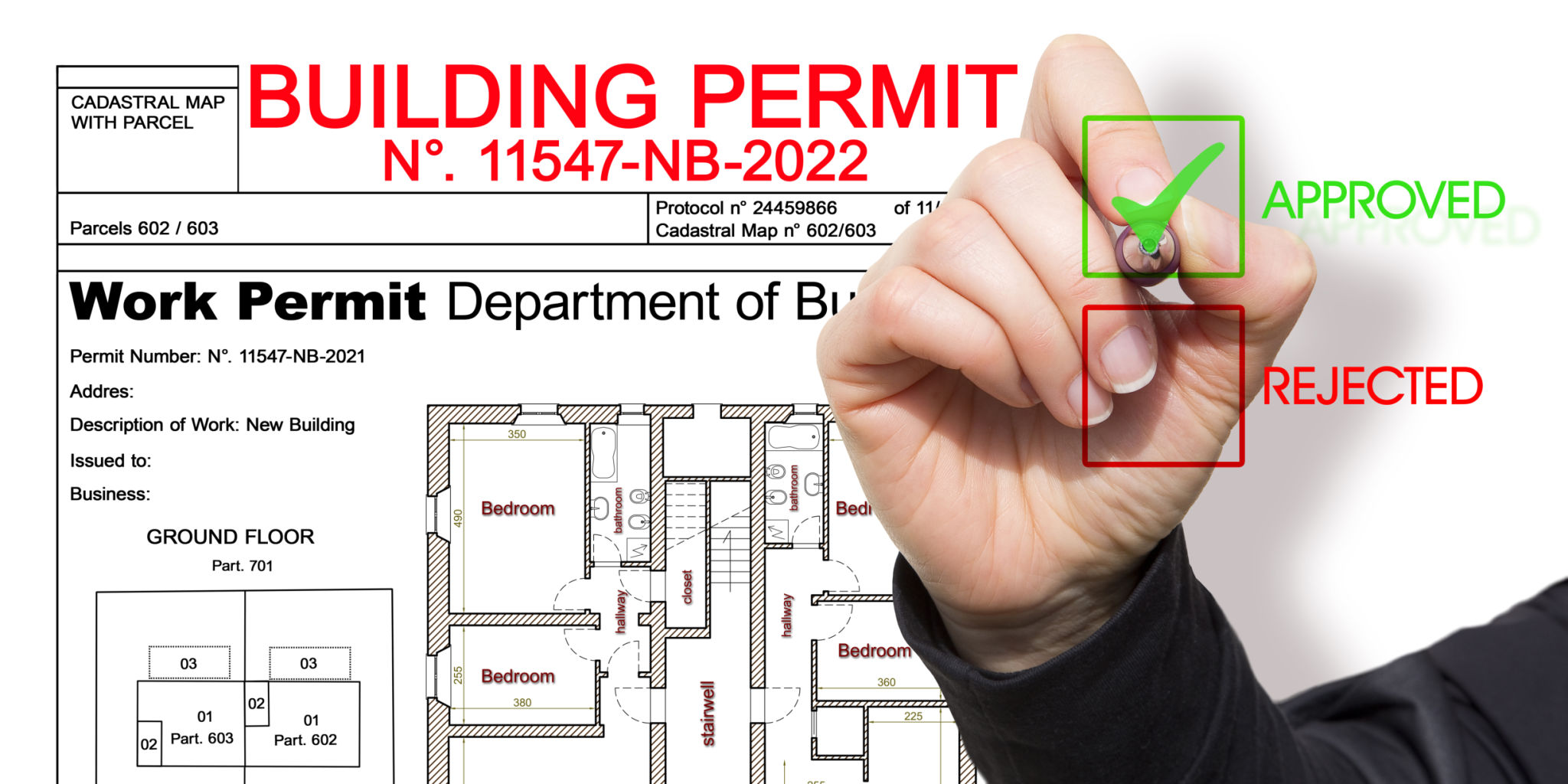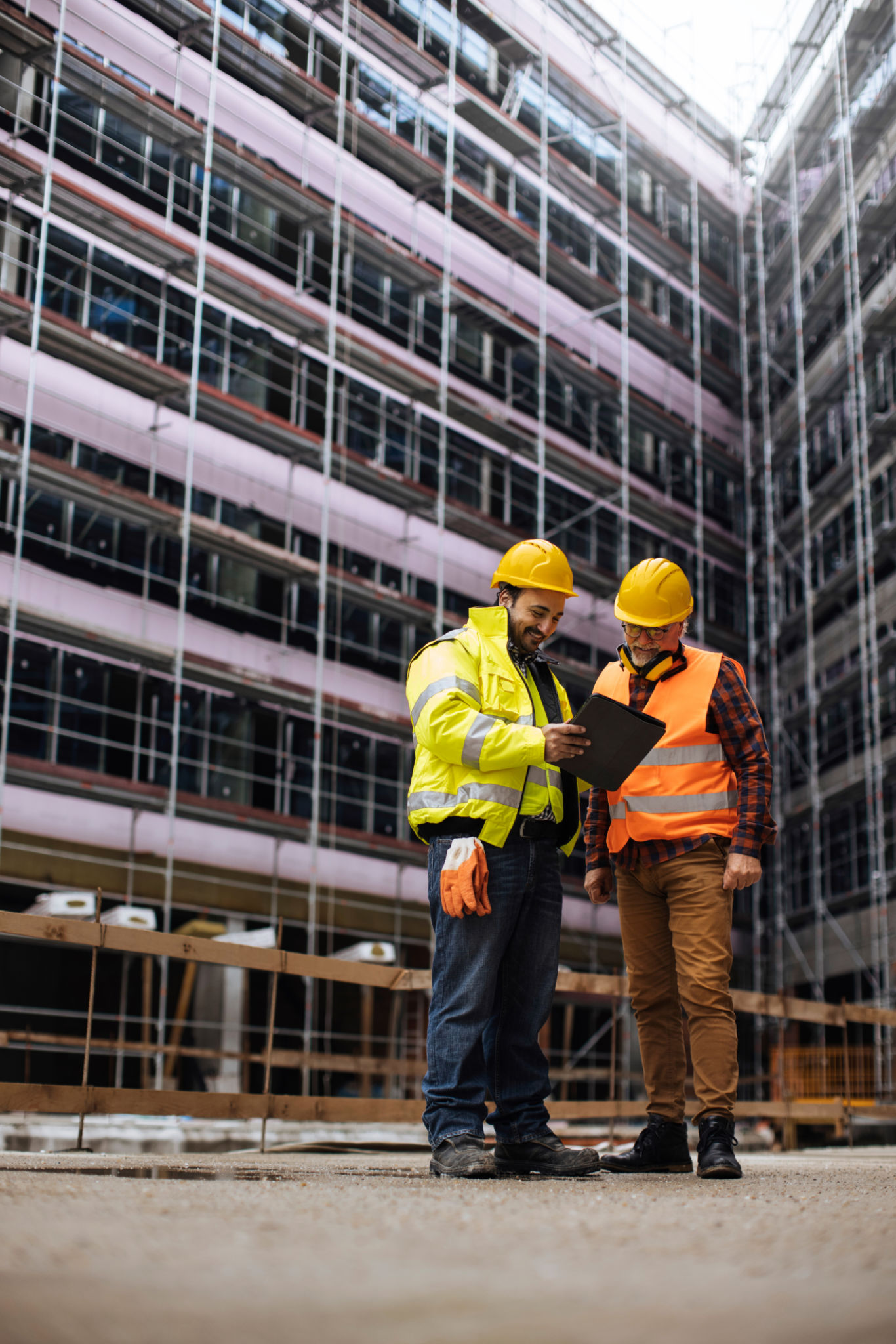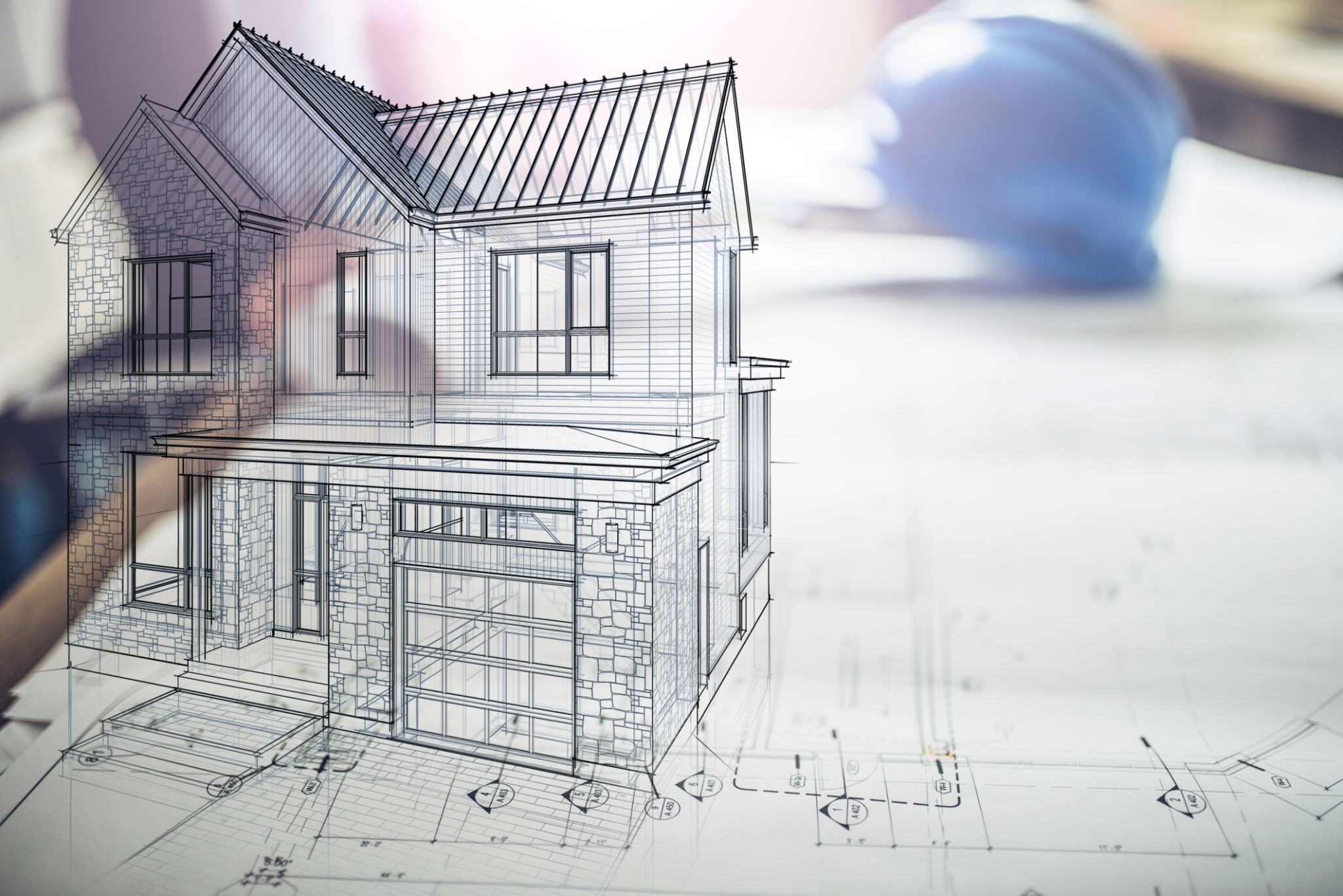Navigating Local Building Regulations: What Homeowners Need to Know
Understanding the Basics of Local Building Regulations
Embarking on a home renovation or construction project can be both exciting and daunting. One of the critical aspects homeowners need to navigate is understanding local building regulations. These regulations are designed to ensure safety, health, and environmental standards. Before you start any project, it's crucial to familiarize yourself with these requirements to avoid potential legal issues or costly delays.

Local building regulations vary significantly from one area to another, influenced by regional climate, population density, and historical preservation mandates, among other factors. Therefore, a thorough understanding of your specific locality's rules is essential. Typically, these regulations cover aspects such as zoning, land use, design standards, and construction methods.
Securing Necessary Permits
One of the first steps in any construction project is obtaining the necessary permits. Building permits are essential as they provide official approval to proceed with construction. They ensure that your project complies with local codes and standards, which ultimately protect the safety of both the builder and future occupants.

The type of permit required can vary depending on the nature and scope of your project. Common permits include electrical, plumbing, structural, and mechanical. To secure these permits, you may need to present detailed plans and specifications to the local building department. It's advisable to consult with an experienced contractor or architect who can help navigate this process.
Working with Professionals
While some homeowners may choose to undertake certain renovations themselves, hiring professionals for significant projects is often beneficial. Licensed contractors, architects, and engineers are well-versed in local building regulations and can ensure compliance throughout the project's lifecycle. Their expertise can save time and money by streamlining the approval process and minimizing errors.

When selecting professionals, always verify their credentials and reputation. Check references and reviews to ensure they have a record of successful projects within your area. An experienced professional will not only help with the technical aspects but also liaise with local authorities on your behalf.
Staying Updated with Changes
Building regulations are not static; they evolve over time to address new safety standards, environmental concerns, and technological advancements. Staying informed about changes in local building codes is crucial for homeowners planning future renovations. Regularly check with your local building department or subscribe to updates that may affect your area.
For those planning long-term projects or phased renovations, be particularly mindful of any forthcoming regulatory changes that could impact your plans. Early awareness allows for adjustments in design or methodology to ensure ongoing compliance.
Conclusion: The Importance of Compliance
Understanding and navigating local building regulations is a vital step in any home construction or renovation project. Compliance ensures that your home is safe, legally sound, and built to last. By securing the right permits, working with professionals, and staying informed about regulatory changes, homeowners can avoid unnecessary complications and enjoy peace of mind during their building endeavors.
